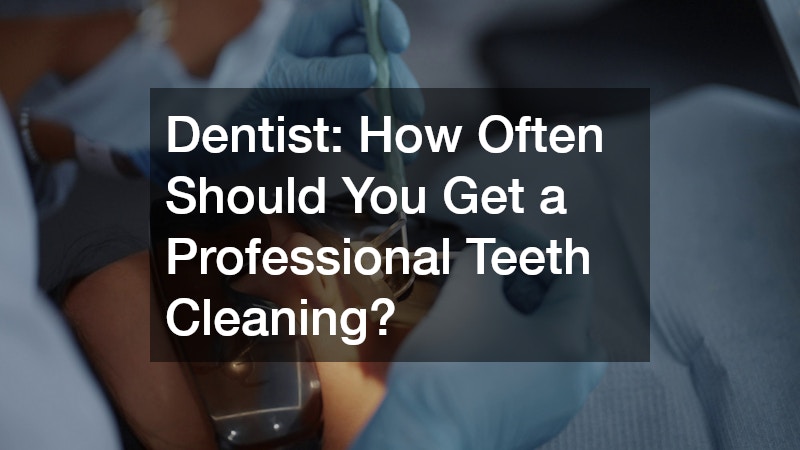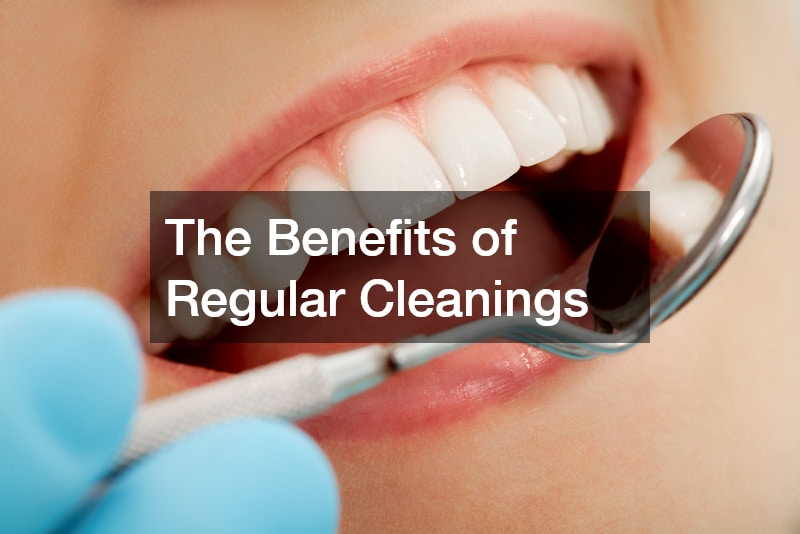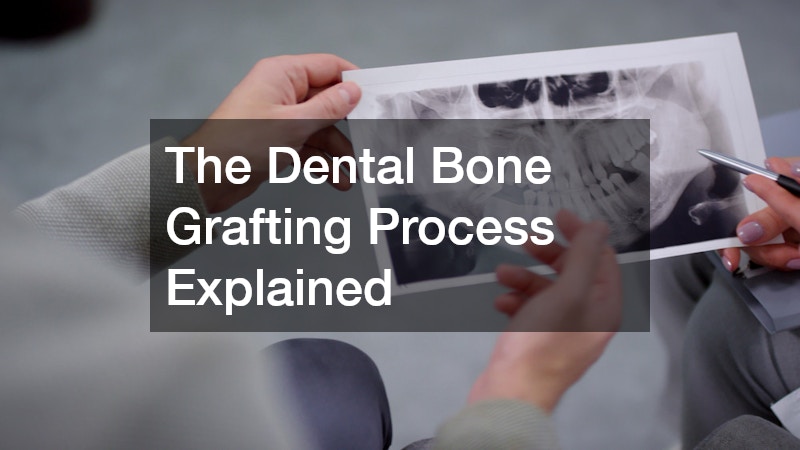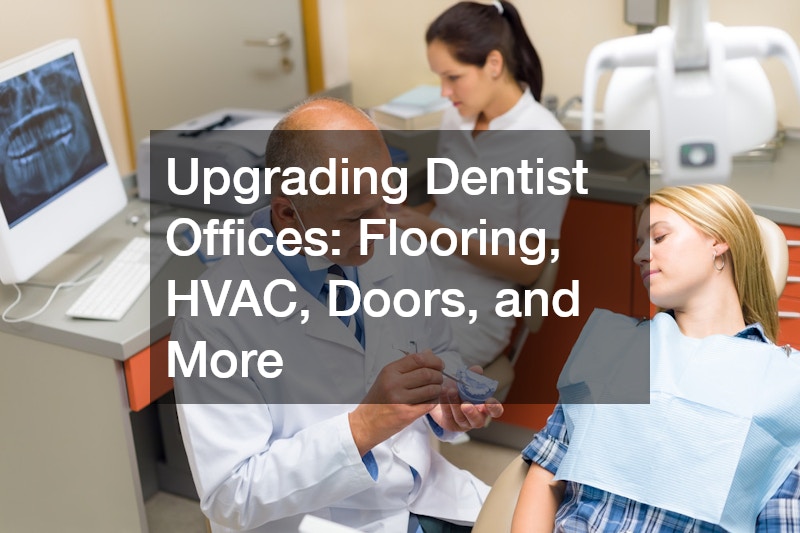Dentist How Often Should You Get a Professional Teeth Cleaning?

We all know that brushing and flossing at home are important—but even the best personal oral hygiene routines can’t take care of everything. That’s where professional teeth cleanings come in. These routine visits to the dentist do much more than just polish your teeth. They remove stubborn tartar, help prevent gum disease, and give your dental team a chance to catch potential issues early.
However, one common question many people have is: How often should I get my teeth professionally cleaned? The answer isn’t the same for everyone. In this article, we’ll break down the general recommendations, the benefits of regular cleanings, and the personal factors that can influence your individual cleaning schedule.
What is the recommended frequency for professional teeth Cleaning?
The standard recommendation for most adults and children is to get a professional dental cleaning every six months. This twice-a-year schedule is based on extensive research and clinical experience, showing that six months is generally a good interval for maintaining a healthy mouth and preventing major problems from developing.
However, this is a guideline, not a rule.
Many people benefit from more frequent cleanings, especially those with:
A history of gum disease or periodontal issues
Frequent cavities or dental restorations
Diabetes or other systemic health conditions
Tobacco or heavy alcohol use
A compromised immune system
For these individuals, cleanings every 3 to 4 months may be more appropriate. More frequent visits help manage chronic oral health problems and prevent them from worsening.
On the other hand, some people with exceptionally good oral hygiene and no history of dental issues may be able to go slightly longer between cleanings—but only under the guidance of a dentist.
What Benefits Do Regular Professional Teeth Cleanings Provide?
Professional cleanings are about much more than just having your teeth polished. They provide crucial health benefits, many of which aren’t possible with home care alone. Here are some of the top reasons to prioritize regular cleanings:
1. Plaque and Tartar Removal
Even if you brush and floss daily, it’s easy to miss certain spots. Over time, plaque can harden into tartar (calculus), which cannot be removed with a toothbrush or floss. Tartar buildup can lead to gum inflammation, decay, and bad breath.
A dental cleaning removes both plaque and tartar, especially below the gum line, where they tend to accumulate.
2. Gum Disease Prevention
Gum disease often starts silently—with no pain or noticeable symptoms. However, untreated gum disease can lead to gum recession, bone loss, and ultimately tooth loss. Regular cleanings help prevent gingivitis (early gum disease) from progressing into periodontitis (advanced gum disease).
In fact, studies have shown that patients who receive cleanings at least twice a year have significantly lower rates of gum disease compared to those who don’t.
3. Cavity Prevention
Cavities form when acid-producing bacteria feed on plaque and sugar on the teeth. Removing plaque and tartar helps reduce the risk of tooth decay. During your cleaning, the hygienist or dentist can also apply fluoride treatments if needed, which further strengthen enamel and help fight decay.
4. Early Detection of Dental Issues
Cleanings often include an exam, which allows your dentist to spot early signs of:
Tooth decay
Cracks or chips
Gum recession
Oral cancer
Bite issues
Infections or abscesses
Catching issues early often means simpler, less expensive treatments—and better long-term outcomes.
5. Fresher Breath
Bad breath, or halitosis, is often caused by lingering bacteria in the mouth. A professional cleaning removes the bacteria-rich tartar and plaque responsible for persistent odor.
6. Whiter, Brighter Smile
While teeth whitening is a separate cosmetic service, a cleaning removes surface stains from coffee, tea, wine, and tobacco. You’ll walk out with your smile looking and feeling cleaner—even without a whitening treatment.
Are There Specific Factors That Could Influence How Often I Need a Cleaning?
Yes—your ideal cleaning schedule depends on your unique dental and medical history. Some key factors that influence cleaning frequency include:
1. Gum Health
If you’ve ever been diagnosed with gingivitis or periodontal disease, you’re likely on a more frequent cleaning schedule. In these cases, dental professionals often recommend periodontal maintenance cleanings every 3–4 months to keep the disease under control.
2. Dental History
Frequent cavities, dental restorations (such as crowns, bridges, or implants), and orthodontic appliances can all create areas where bacteria and plaque hide more easily. These situations typically call for more frequent cleanings to maintain health.
3. Age
Children and teens may require closer monitoring due to changing oral environments and habits. Older adults, especially those taking medications that affect saliva production, may also benefit from more regular cleanings.
4. Lifestyle Habits
Smoking increases the risk of gum disease and stains teeth.
High sugar intake feeds cavity-causing bacteria.
Alcohol use can dry out the mouth, reducing natural defenses.
People with these lifestyle habits often require more diligent professional care.
5. Chronic Health Conditions
Conditions like diabetes, heart disease, and autoimmune disorders can significantly affect oral health. These individuals are often more susceptible to infections and gum disease and benefit from more frequent cleanings.
6. Oral Hygiene at Home
If you maintain excellent brushing and flossing habits, your dentist might allow longer intervals between visits. However, this should be based on their clinical evaluation—not just personal preference.
Professional teeth cleanings are a vital part of your oral health routine. While the general recommendation is to visit the dentist for a cleaning every six months, that frequency can vary depending on your individual needs and risk factors.
Whether you’re prone to cavities, have gum sensitivity, or simply want to maintain a healthy and attractive smile, sticking to a professional cleaning schedule is one of the best things you can do for your teeth—and your overall health.
Don’t wait for pain or visible problems to schedule a cleaning. Preventive care is always easier, more affordable, and more effective than treating dental issues after they arise. Talk to your dentist about the right cleaning frequency for you—and take the next step toward a healthier smile today.

 The Dental Bone Grafting Process Explained
The Dental Bone Grafting Process Explained  How to Prepare for Visits to Your Family Dentists
How to Prepare for Visits to Your Family Dentists  Are Braces the Right Orthodontic Path for You?
Are Braces the Right Orthodontic Path for You?  Everything You Need to Know About Dental Crowns for a Strong, Healthy Smile
Everything You Need to Know About Dental Crowns for a Strong, Healthy Smile  Upgrading Dental Offices: Flooring, HVAC, Doors, and More
Upgrading Dental Offices: Flooring, HVAC, Doors, and More  What to Know about the Braces Process
What to Know about the Braces Process  Designing Your Dream Smile: A Comprehensive Look at the Best Dental Treatments
Designing Your Dream Smile: A Comprehensive Look at the Best Dental Treatments  How to Choose the Right Dentist Office for Your Needs
How to Choose the Right Dentist Office for Your Needs